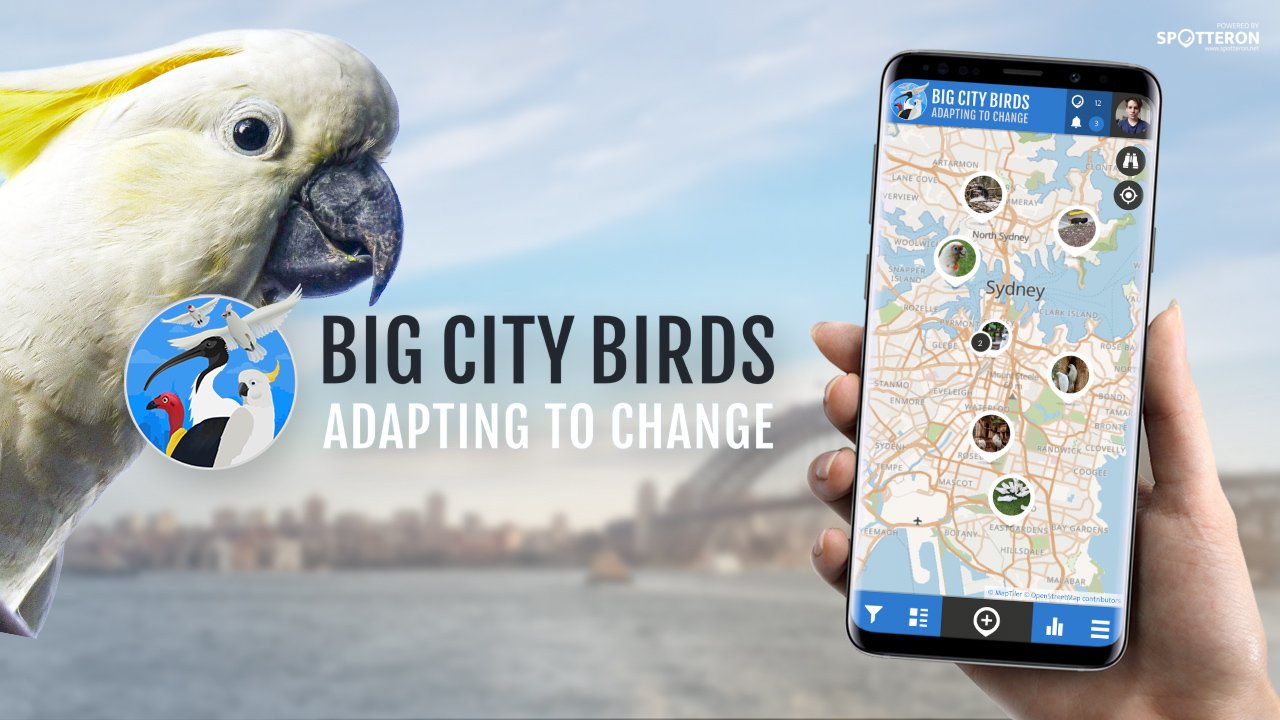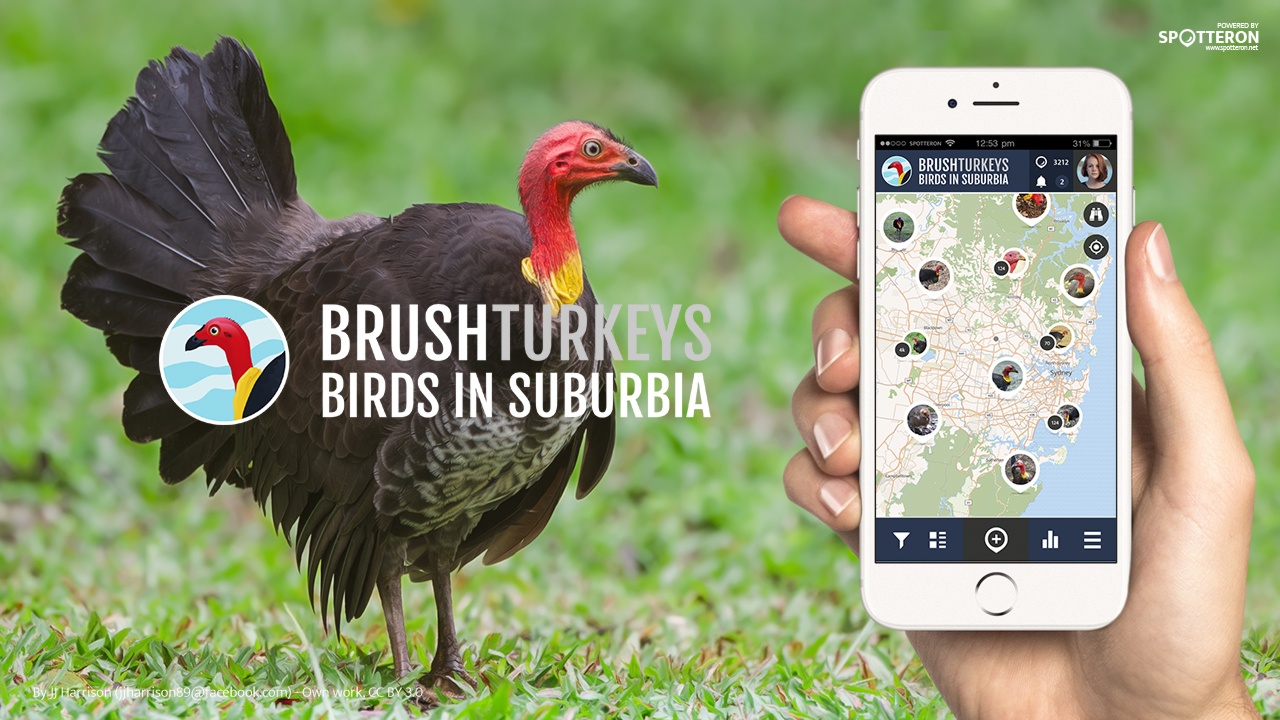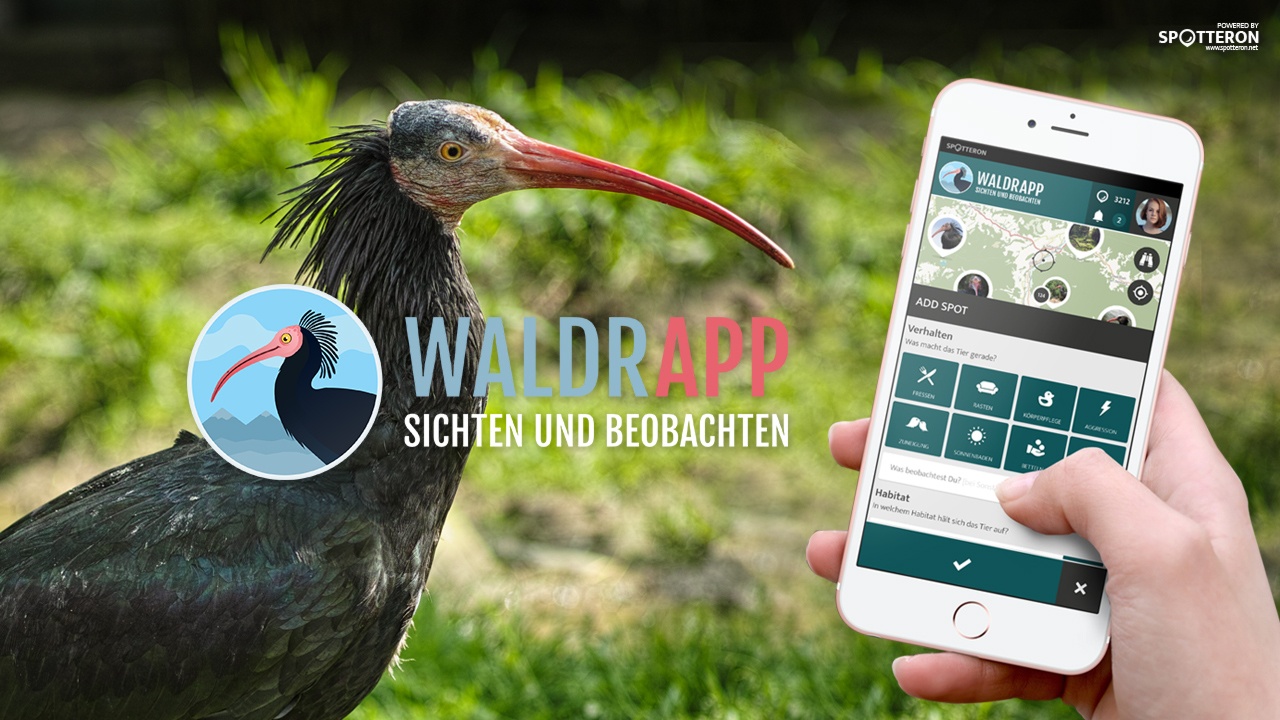Short note: This website is in Beta - we are currently building everything up but you can already find the apps to download and participate! Thank you and stay safe!
Big City Birds
We, humans, are capable of dramatically altering the landscape. Cities are a familiar and extreme example of this change. Intriguingly, some animals can adapt to these changing environments by flexibly changing their behaviour. The project focuses on five bird species that have done so successfully: Sulphur-crested Cockatoo, Australian Brush-turkey, Australian White Ibis, Little Corella, and Long-billed Corella. Additional species can be reported by selecting “other.”
Birds adapting to change in our cities
The five focal species have all been observed adapting to human-modified areas , and are increasing their population in urban areas. Occasionally they are considered a nuisance, yet they are all Australian native birds that are doing their best to survive in human-altered landscapes. The data collected will help scientists understand these species’ behaviour, movement, reproduction, distribution, and habitat use in suburban areas. We aim to use this information to help understand the behavioural traits that have allowed some species to adapt to the challenges and opportunities of city living.
BrushTurkeys
The BRUSHTURKEYS app is all about Australian Brushturkeys extending their natural habitat, which usually includes rainforests and woodlands, to suburban areas.
The brushturkey is a fascinating bird for Citizens and Scientists alike.
Once a rare species due to overhunting, the Australian Brush-turkey is now commonly found in urban areas on Australia’s east coast. They are large birds with a wingspan of about 85 cm, black feathers and a red head. The males build huge nest mounds on the ground out of leaves, twigs, and other compostable material, which are then visited by local females, for mating and egg-laying.
With the app, you can gather sightings on the Australian Brush-turkey and observe their behaviour. Your observations help to understand better how these birds adapt to their surroundings.
WaldrApp
WaldrApp is a Citizen Science project from the University of Vienna aiming to collect ecologic Information on the whereabouts of "Waldrapps" (English: northern bald ibis). Since these birds are an endangered species, the data collected through the app can help gain essential data for future settling projects. Feel free to join and contribute to this citizen observatory!
Citizen Scientists are spotting an endagered bird species
The northern bald ibis choose their feeding areas according to different characteristics: areas that are a long way away from roads, houses and trees and those with short vegetation are preferred. In addition, resource availability, as well as local loyalty and the formation of traditions play a role. With the help of interested citizens, this information should now be collected via the WaldrApp app.
Can I use my user account in multiple apps?
Absolutely! After creating your user account, you can log in with it in all apps and projects on the SPOTTERON platform without the need to register again. You can find additional apps and topics here: https://www.spotteron.app/apps - Please be invited to download any app which you like to join and start spotting!
How can I erase my stored personal data?
GPS-Location doesn't work. What can I do?
Please visit the website about the SPOTTERON Platform on www.spotteron.net
This website uses no external trackers, no analytics, just session cookies and values your online privacy.




